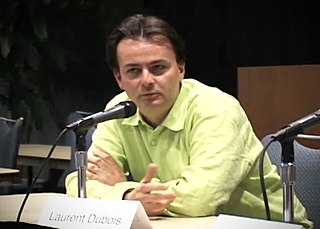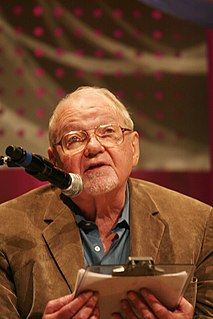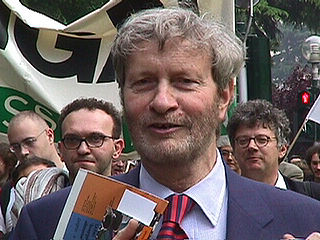A Quote by Walter Kasper
The scientific and societal achievements of the modern age are undisputable. But after the French Revolution, modernity increasingly emancipated itself from Christian roots, thereby becoming rootless itself.
Related Quotes
The transformations of the French empire itself or of French power structures themselves as well as the emergence of a kind of language of equal rights starting with the American Revolution and the French Revolution provided an opportunity and in some ways connected with other kinds of ground level desires or hopes and ideologies for freedom that were coming out of the plantation regime itself.
Insofar as the theorist wins, therefore, by constructing an increasingly closed and terrifying machine, to that very degree he loses, since the critical capacity of his work is thereby paralysed, and the impulses of negation and revolt, not to speak of those of social transformation, are increasingly perceived as vain and trivial in the face of the model itself.
Today (1950), the hatred of the Moslem countries against the West is becoming hatred against Christianity itself. Although the statesmen have not yet taken it into account, there is still grave danger that the temporal power of Islam may return and, with it, the menace that it may shake off a West which has ceased to be Christian, and affirm itself as a great anti-Christian world Power.
There is a quality of lightness, easiness, and in some sense blatant unseriousness that pervades Classical Christianity's dialogue with modernity. The Christian intellect has no reason to be intimidated in the presense of later-stage modernity. Christianity has seen too many 'modern eras' to be cowed by this one.
Groups do not have experiences except insofar as all their members do. And there are no experiences... that all the members of a scientific community must share in the course of a [scientific] revolution. Revolutions should be described not in terms of group experience but in terms of the varied experiences of individual group members. Indeed, that variety itself turns out to play an essential role in the evolution of scientific knowledge.
Feminism without spirituality runs the risk of becoming what it rejects: an elitist ideology, arrogant, superficial and separatist, closed to everything but itself. Without a spiritual base that obligates it beyond itself, calls it out of itself for the sake of others, a pedagogical feminism turned in on itself can become just one more intellectual ghetto that the world doesn’t notice and doesn’t need.
It used to be that Christian institutions and systems of dogma sustained the spiritual life of Christians. Increasingly, spirituality itself is what sustains everything else. Alan Jones is a pioneer in reimagining a Christian faith that emerges from authentic spirituality. His work stimulates and encourages me deeply

































